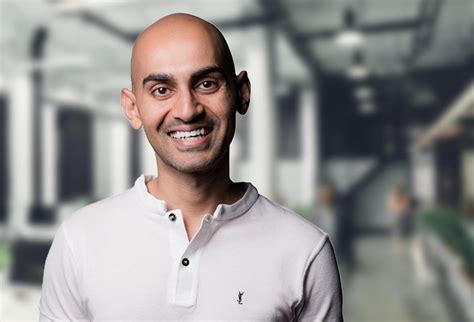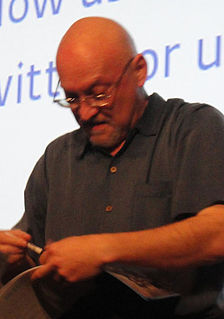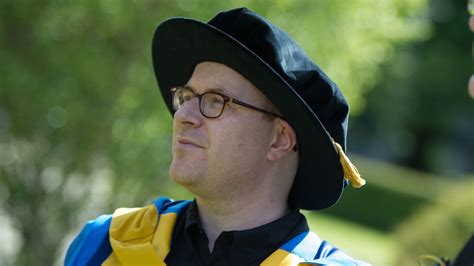A Quote by Albert Camus
Thinking is learning all over again how to see, directing one's consciousness, making of every image a privileged place.
Related Quotes
God has come again and again in various Forms, has spoken again and again in different words and different languages the Same One Truth - but how many are there that live up to it? Instead of making Truth the vitalbreath of his life, man compromises by making over and over againa mechanical religion of it - a handy staff to lean on in times of adversity, a soothing balm for his conscience or a tradition to be followed.
Usually I'll drive to certain locations over and over again, over a course of months really. And then it might just be I hit it at the right time, and the right light. And then I might go to that location over and over again, and then what happens in that lag time where - the image sort of locks in - all of a sudden I see it in my mind's eye.
Chris Cooper once told me to never have any regrets. After Chris said that to me, I walk into every scene thinking, 'exhaust every possibility.' Once you get to a certain place, it's like you just deliver everything you've got. Don't have any regrets. It pops up in my mind over and over and over again.
It's good for people to be able to see an archive of an artist learning how to write and getting better, especially for teenagers who are starting to write: to see that I started out making pretty easy and weird and bad-sounding music and that you can teach yourself how to write over a long period of time.
I feel like I'm dropping such a long way down again." "I seem to be dropping into a cold dark wet place, where no one's been before and noone can every follow. There's no future there; just a past that sometimes fools you into thinking it's the future. It's the most alone place you can ever be and, when you go there, you not only cease to exist in real life, you also cease to exist in their consciousness and in their memories.
I'm still learning. It's all a learning curve. Every time you sit down, with any given episode of any given show, it is a learning curve. You're learning something new about how to tell a story. But then, I've felt that way about everything I've ever done - television, features or whatever. Directing or writing, it always feels like the first day of school to me.
Many of us grow up thinking of mistakes as bad, viewing errors as evidence of fundamental incapacity. This negative thinking pattern can create a self-fulfilling prophecy, which undermines the learning process. To maximize our learning it is essential to ask: "How can we get the most from every mistake we make?"










































